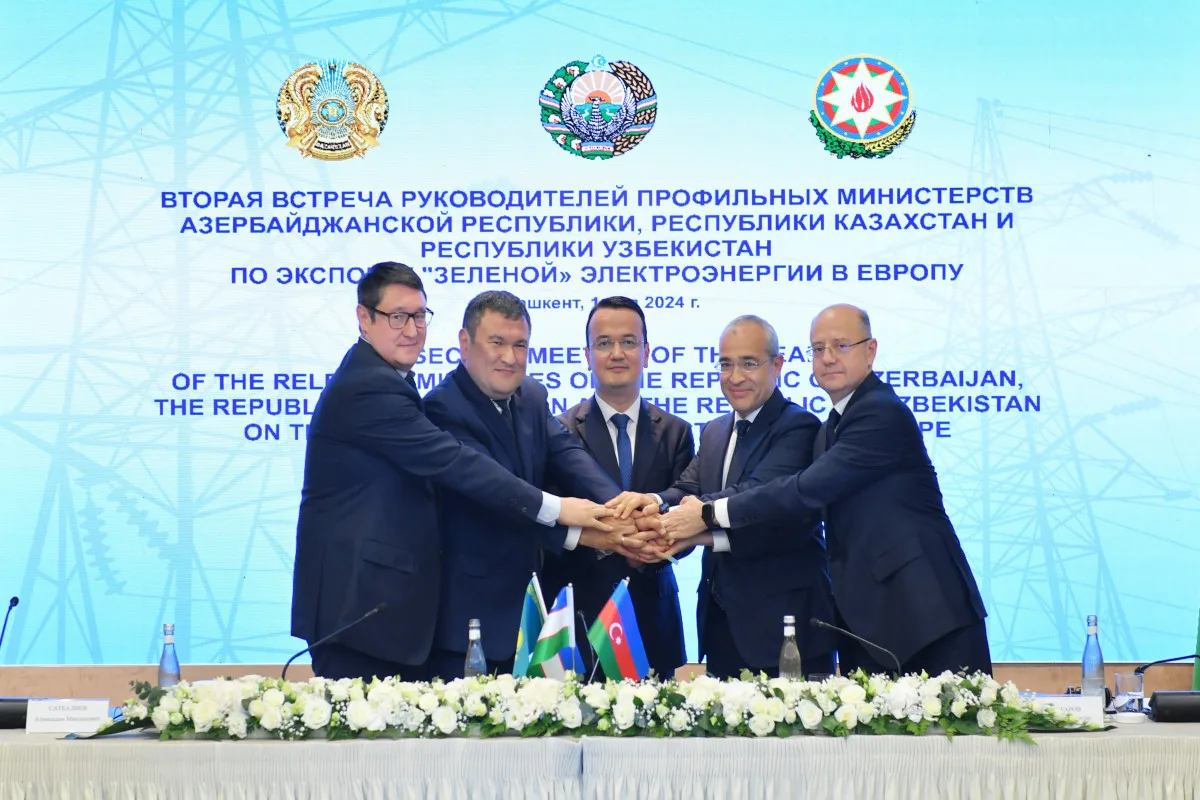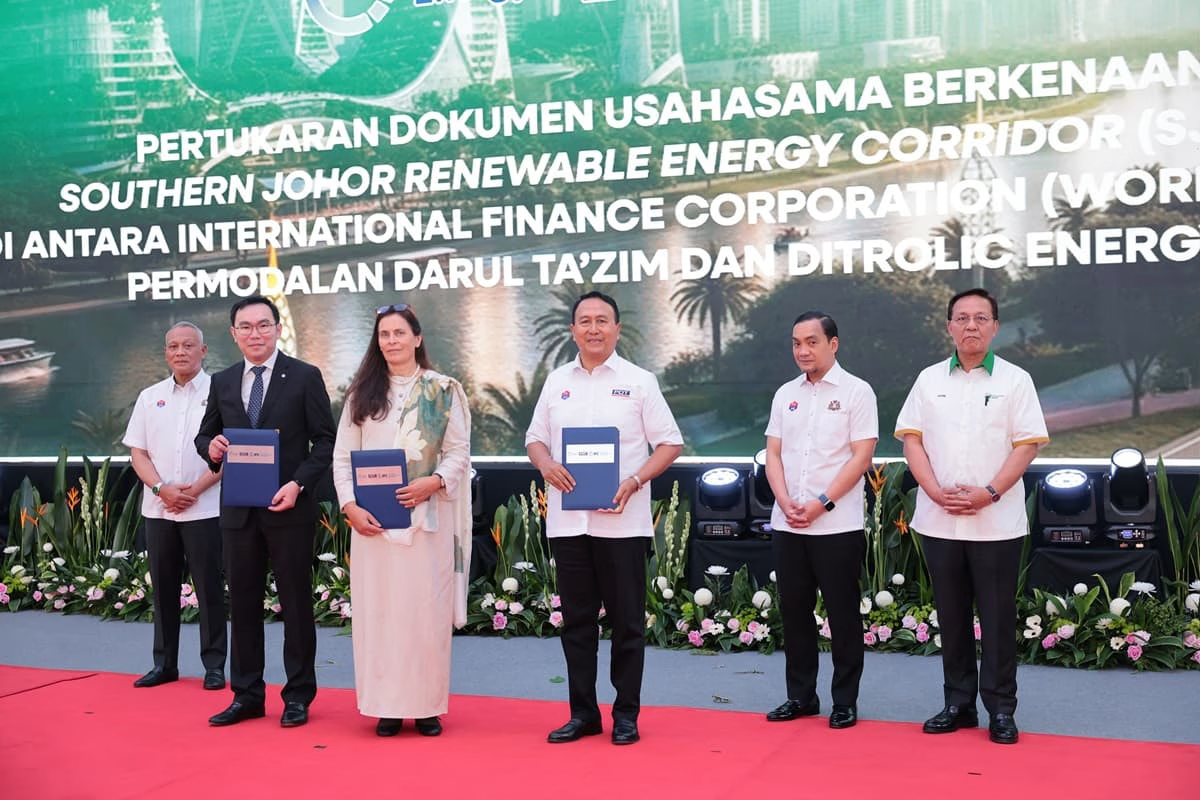
Bekaert and Rezolv Energy sign agreement for 100 GWh in Romania
July 24, 2024
Masdar Issues $1 Billion Green Bond to Invest in Greenfield Renewable Energy Projects
July 24, 2024Kazakhstan is advancing its plans with Uzbekistan and Azerbaijan to develop electricity export capacity, despite facing challenges in securing enough power for domestic economic growth. The Kazakh Ministry of Energy has released a draft agreement for public comment on a strategic green-energy partnership with Azerbaijan and Uzbekistan. This agreement aims to build on a memorandum of intent signed by the three countries in May.
The draft highlights the importance of green and clean energy in the global fight against climate change, promoting cooperation in renewable energy, energy efficiency, green hydrogen, and green ammonia to enhance energy system security and supply stability. It commits Kazakhstan to “jointly implement new energy infrastructure initiatives that will diversify energy supplies and transit routes in Europe, Central Asia, and the Caspian region.” Additionally, the agreement aims for “rapid, deep, and sustainable reductions in greenhouse gas emissions” and expresses interest in connecting the energy systems of Central Asia and Azerbaijan for sustainable green energy exports and broad strategic energy expansion.
The primary market for this green energy is the European Union, which has been dealing with energy shortages and high costs due to Russia’s invasion of Ukraine and subsequent sanctions. The May memorandum outlines plans for a high-voltage power transmission line on the Caspian seabed to facilitate westward electricity exports. However, the draft agreement and the May memo lack specifics on investment costs, infrastructure projects, and construction timelines.
Kazakhstan’s climate and geography, with its vast windswept steppes, are ideal for wind-power development. The Ministry of Energy estimates the country’s wind energy potential at at least 920 billion kWh per year. Currently, renewable energy sources account for about 6 percent of Kazakhstan’s total power generation, while coal-fired production makes up about 80 percent. The government plans to increase the green-energy share to 15 percent by 2030 and 50 percent by 2050.
Some experts question whether Kazakhstan can meet both its export ambitions and growing domestic needs, with projections of a 6 Gigawatt electricity deficit by 2030. A potential solution is atomic energy. In June, President Kassym-Jomart Tokayev announced plans for a nationwide referendum on constructing a nuclear power plant, which could meet domestic needs and allow wind and hydro production for export. Despite Kazakhstan’s history of atomic testing, polls show slightly more support than opposition for a nuclear facility. However, public opinion could shift depending on the contractor chosen, with Rosatom, the Russian state-controlled entity, being a controversial option. No date has been set for the referendum.




